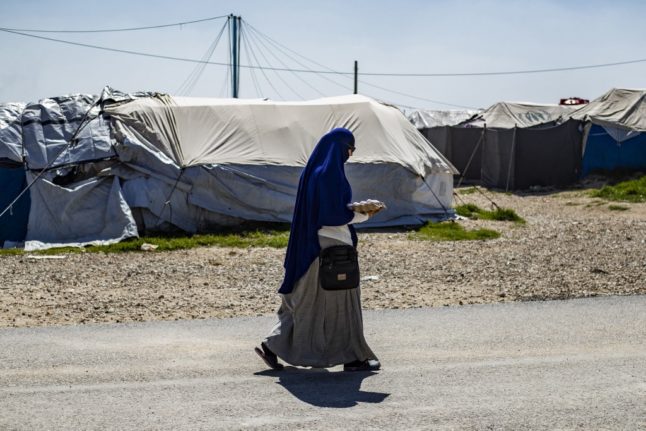During the mother of five’s trial, the prosecutor had argued that wives were a key part of IS.
“Even if you did not actively participate in the fighting, we assert that you can support the terrorist organisation by shopping in its supermarkets, by taking care of the children, by being a housewife,” prosecutor Trine Schjodt
Fogh said.
The woman, who pleaded guilty, was convicted of “having promoted the activities of IS, in particular by acting as the housewife and wife of a person who was active in the terrorist organisation,” the prosecution authority said in a statement.
She was also found guilty of having “entered and resided in al-Raqqa district in Raqqa province and Deir al-Zour province in Syria, which were defined as conflict zones during the period”.
The woman, who is originally from the west of Denmark, arrived in Syria eight years ago, a journey she “bitterly” regrets, her lawyer Mette Gith Stage told news agency Ritzau.
“The last few years have been difficult for her, first in the caliphate, then in a prison camp and now in prison. She misses her children terribly and is eager for the case to end so that she and her children can move on,” the
lawyer said.
In October 2021, Denmark removed three women and 14 children from the Kurdish-controlled Roj camp in north-eastern Syria in a joint operation with Germany.
The three women were arrested on arrival in Denmark and have since been in detention and the trial that just ended marks the first of three.



 Please whitelist us to continue reading.
Please whitelist us to continue reading.
Member comments